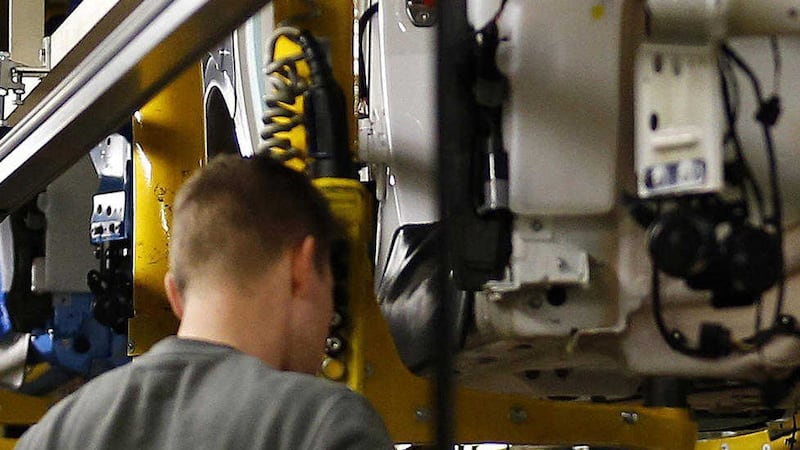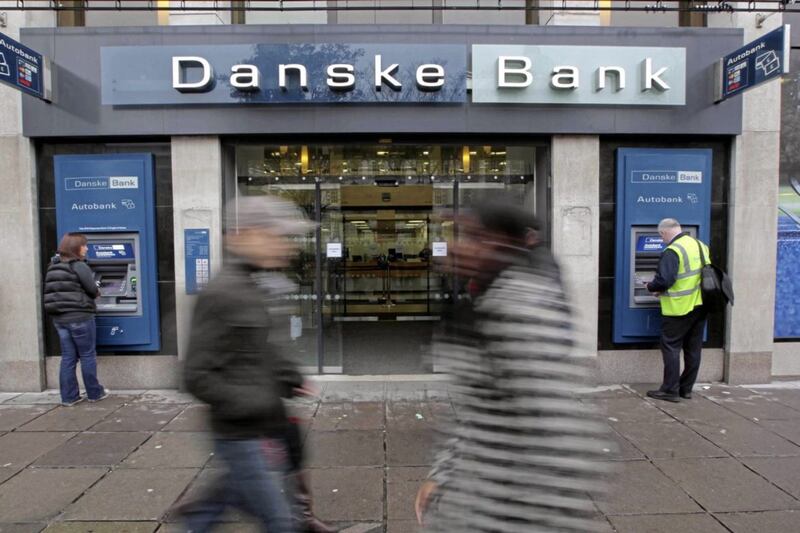GROWTH of Northern Ireland's economy will slow down this year due to uncertainty over a potential UK exit from Europe.
In its latest economic forecast, Danske Bank said the north's economy will grow by 1.6 per cent in 2016 before an anticipated 1.9 per cent rise next year.
However, both figures depend on a vote to remain in the European Union.
The predictions are more pessimistic thank previous forecasts from the bank which at one point had expected the Northern Ireland economy to expand by 1.8 per cent this year.
It said slow quarterly growth so far this year had been caused by heightened uncertainty in the run up to the June 23 referendum but added there was "no reason the private side of the economy should not bounce back once this risk has abated".
Other pressures on the economy included long-term austerity and slower global growth, Danske reported.
Some sectors are expected to grow well during 2016 including administration and support services (5.1 per cent), professional and scientific services (4.5 per cent), ICT (3.2 per cent) and hospitality (3.2 per cent).
At the other end of the scale, some of the sectors expected to perform the worst are also among the most important.
These include health (1.4 per cent), manufacturing (1.4 per cent), construction (1.4 per cent) and agriculture (1.2 per cent).
Danske Bank's chief economist in the north Angela McGowan said much of the slowdown could be blamed on Brexit concerns that had already hit exchange rates and investment levels.
"For example, UK commercial property transactions were down 40 per cent in quarter one relative to the same period last year," she said.
"In addition, last month the UK’s manufacturing sector experienced its first contraction since 2013 as uncertainty weighs on this sector. The construction sector has also slowed. However, it would be reasonable to conclude that a UK vote to ‘remain’ in the European Union will result in any lost or delayed investment being made good in the second half of the year.”
She said that message for Northern Ireland's economy was that it "continues to expand, but the pace of growth is slowing".
"While the continued reduction in the public sector jobs will weigh down overall growth in the short to medium term, by far the biggest risk to growth this year is Brexit which has lowered investment and growth in the first half of this year," added Ms McGowan.
“However, Danske Bank is looking for a reasonable pick-up in the private side of the economy in the second half of this year if the UK votes to remain in the European Union.
"On the other hand, we anticipate that any vote to leave the EU could trigger a substantial slowdown in economic activity in the second half of 2016 and has the potential to push the UK into technical recession. Northern Ireland would undoubtedly follow suit.
"Opinion polls currently suggest that the probability of a 'remain' vote is relatively high (at 72 per cent) and our baseline forecast is based on this more positive assumption.”




